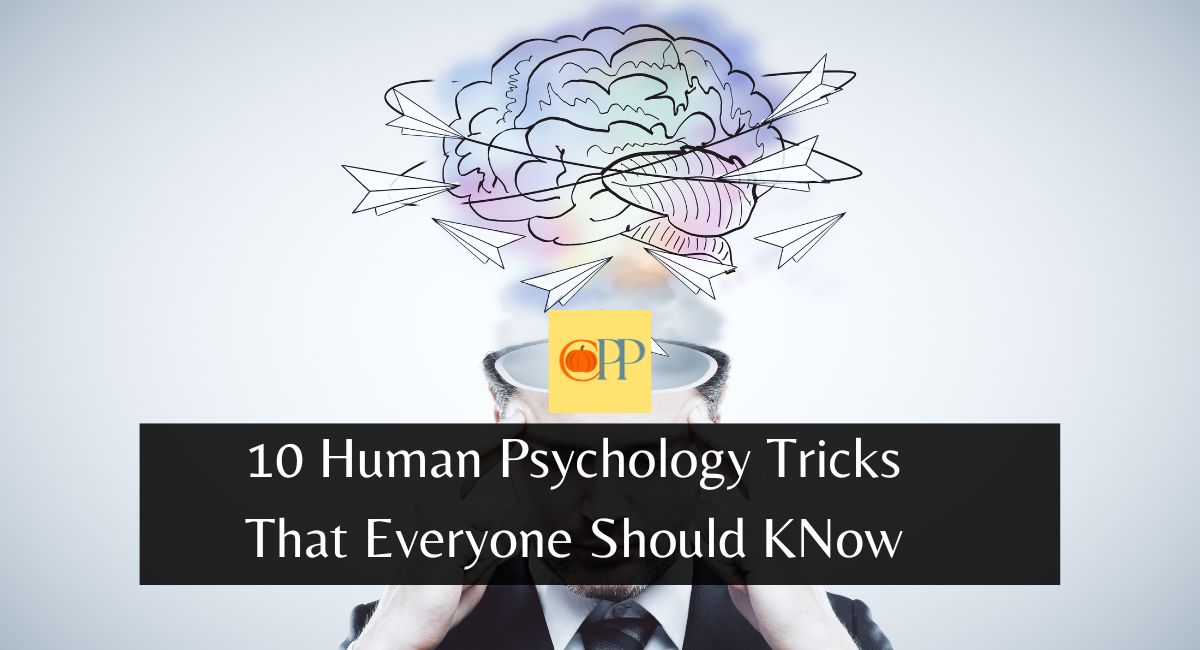Understanding human psychology can be a valuable skill in many aspects of life, from personal relationships to professional success. Here are 10 human psychology tricks or insights that everyone should know:
- The Power of Active Listening: When engaging in conversations, practice active listening. Show genuine interest in what the other person is saying, ask questions, and provide feedback. This not only makes the other person feel valued but also helps you gain a deeper understanding of their perspective.
- Reciprocity: The principle of reciprocity suggests that people tend to return favors and kindness. By doing something nice for someone, you’re more likely to receive kindness in return. This can be a powerful tool in building positive relationships.
- Anchoring: Anchoring is a cognitive bias where people rely heavily on the first piece of information they receive when making decisions. Use this to your advantage by presenting your most favorable information or offer first in negotiations or sales situations.
- The Halo Effect: This cognitive bias occurs when we perceive people who possess one positive trait as having many positive traits. It’s essential to be aware of this bias, both in how you judge others and how you present yourself.
- Social Proof: People tend to follow the crowd and make decisions based on what others are doing. Use this to your advantage by showcasing positive reviews, testimonials, or examples of other people benefiting from your product or idea.
- Scarcity: The fear of missing out is a powerful motivator. When something is perceived as rare or in limited supply, it can increase its perceived value. Highlight scarcity in your offers or promotions.
- The Power of Names: Remembering and using someone’s name in a conversation can create a sense of familiarity and rapport. People appreciate it when others remember their names, and it can lead to more positive interactions.
- Loss Aversion: People are more motivated by the fear of losing something than they are by the possibility of gaining something of equal value. Highlight what someone might lose if they don’t take a particular action.
- Confirmation Bias: People tend to seek out and remember information that confirms their existing beliefs and opinions. To foster better understanding and open-mindedness, be aware of this bias and actively seek out diverse perspectives.
- Body Language Matters: Non-verbal communication, such as body language and facial expressions, plays a significant role in human interaction. Be mindful of your own body language and learn to read the non-verbal cues of others to better understand their thoughts and feelings.
Understanding these psychological tricks and biases can help you navigate various social situations more effectively and improve your interpersonal relationships. However, it’s essential to use this knowledge ethically and considerately, always with the intention of promoting positive interactions and mutual understanding.
